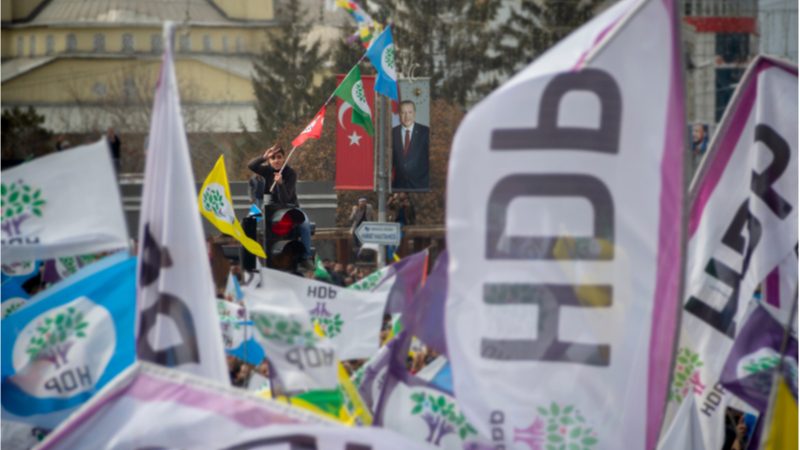Does Kılıçdaroğlu Have a Path to Victory?
By Halil Karaveli
May 23, 2023
Kemal Kılıçdaroğlu’s failure in the first round of Turkey’s presidential election is a testimony to the waning appeal of liberalism in the face of ethnic conflict and refugee flows. The Turkish nationalism on which Kılıçdaroğlu has fatefully stumbled is fuelled by the Kurdish challenge and the Syrian refugees. But it is also fed by a heightened sense of national insecurity in a global context of escalating geopolitical confrontation. The virulently nationalist rhetoric against the Syrian refugees that Kılıçdaroğlu has adopted in order to make himself a palatable choice to right wing Turkish nationalists does not necessarily offer him a path to victory. Tarnishing his image as a liberal and social democrat, he risks forfeiting the support of the Kurdish voters as well as the support of Turkish liberals and leftists.
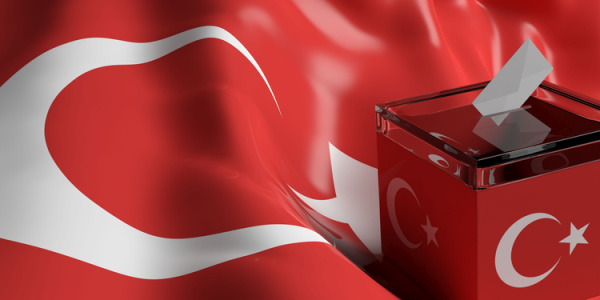
The President’s Man: Mevlüt Çavuşoğlu and Turkey's Changing Foreign Policy
By Reuben Silverman
January 31, 2022
Turkish Foreign Minister Mevlüt Çavuşoğlu has served in his post longer than any other member of the president’s current cabinet. In fact, first appointed in 2014, he has now served in the position longer than any other Turkish politician in the past seventy years. Yet, despite this long involvement, Çavuşoğlu himself is seldom discussed. There are no grand ideas associated with him as there were with his predecessor Ahmet Davutoğlu (2009-2014). Were he to be replaced in a cabinet reshuffle tomorrow, it is unlikely that he would establish a party of his own as Ali Babacan (2007-09) and Davutoğlu have both done. Nonetheless, like his predecessors, Çavuşoğlu embodies his era. Thinking about his time in office can help us reflect on the past decade of AKP foreign policy.
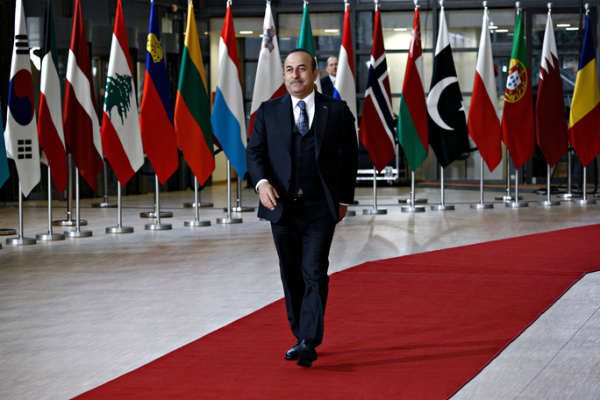
The İmamoğlu sentence: Will Istanbul Share the Fate of Diyarbakır?
By Halil Karaveli
January 12, 2022
The political destruction of Istanbul mayor Ekrem İmamoğlu is ultimately meant to demonstrate that the alliance, supported by the Kurdish political movement, which carried him to victory in 2019, is not going to be allowed to repeat its success at the national level. In theory, the removal of İmamoğlu from office will enable the mainstream opposition to turn the presidential election into a referendum about popular sovereignty. However, to succeed it would have to convince voters in Diyarbakır, Mardin and Van that it is as sensitive about their sovereignty as it is about that of the electorate in Istanbul. This is unlikely as the right-wing nationalist Good party of the main opposition alliance resists democratic openings to the Kurds. The division between rigid statist-nationalism and popular democracy runs through the ruling alliance of the AKP and the MHP as well. To tip the balance in favor of popular democracy, Turkey needs a rearrangement of political alliances.
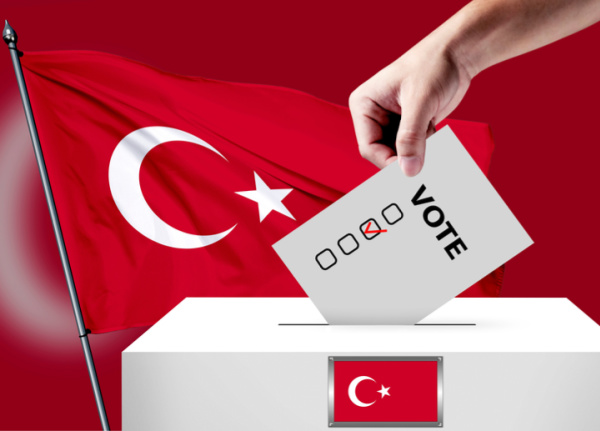
Conservatism as Solution: Can the Nation Alliance Solve Turkey’s Problems?
By Barış Soydan
March 24, 2022
While Turkey’s opposition alliance inspires little hope as an economic savior, its reduction of Turkey’s democratic deficit and crisis to a question of the power of the presidency and the solution to a restoration of parliamentarianism obfuscates what really cripples Turkish democracy. And as the opposition alliance has closed itself both to the left – ignoring the plight of a working class that is hard hit by the economic crisis – and to the representatives of the Kurdish minority, it cannot credibly claim that it will further the cause of democratic change. Even if the opposition alliance were to prevail electorally, which is by no means certain, it will not alter Turkey’s course.
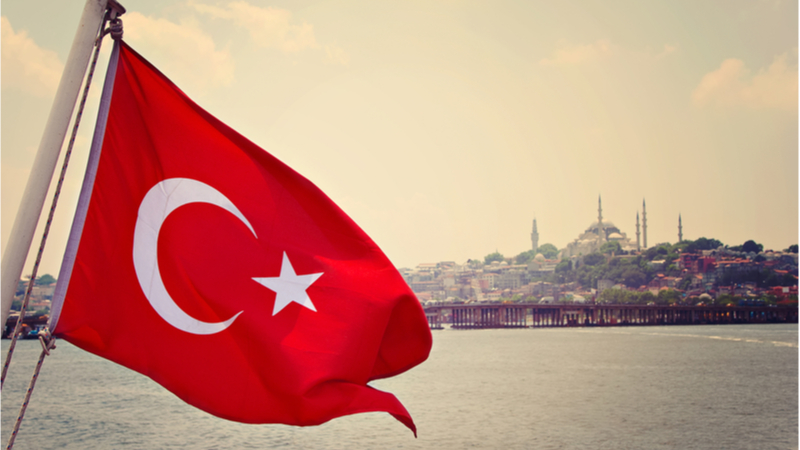
Closing Down Democracy – The Prosecution of the HDP
By Sarah Glynn
March 10, 2022
Despite the Turkish government’s current efforts to portray itself as a peacemaker who cannot countenance unprovoked aggression, its assault on the Kurds continues both within and beyond Turkey’s borders. Turkish democracy, always a sickly creature, is undergoing a judicial asphyxiation. Tens of thousands of opposition figures are in prison, including thousands of members of the third largest party in the Turkish Parliament, the pro-Kurdish, leftist Peoples’ Democratic Party (HDP). Two ongoing court cases could see leading party members jailed for life, and the enforced closure of the party. These cases commit the state even further to violent suppression of Kurdish hopes rather than a political solution.
